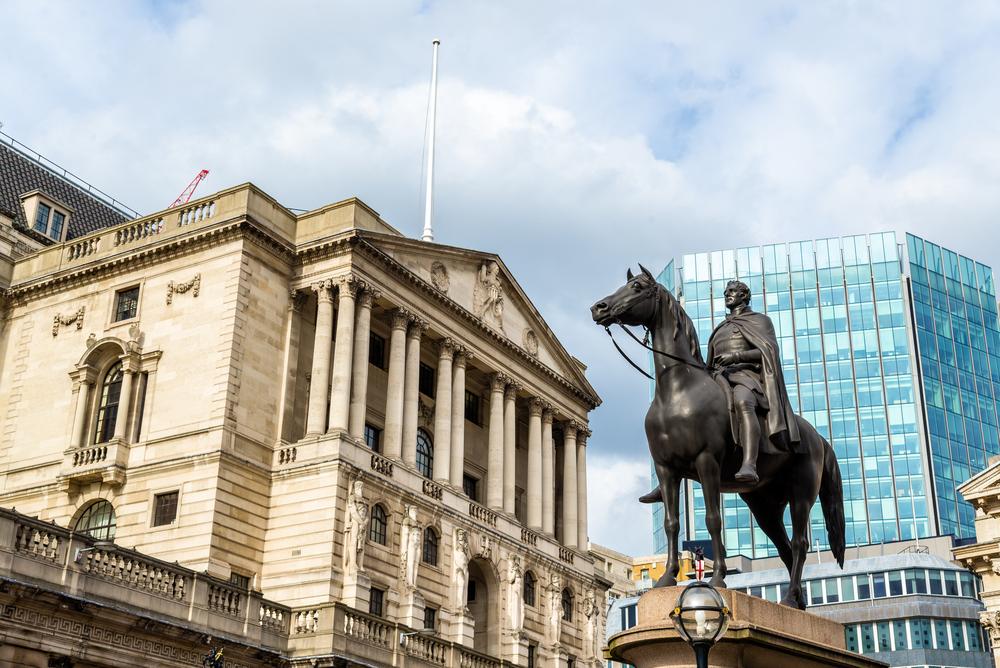Mark Carney gave the Bank of England a gentle goodbye kiss on Thursday, opting for the widely anticipated interest rate hold ahead of the UK’s exit from the EU.
Bank of England taking the popular path
The BoE’s release following the announcement read:
“UK GDP growth slowed last year, reflecting weaker global growth and elevated Brexit uncertainties. Output is expected to have been flat in 2019 Q4. Growth in regular pay has fallen back to around 3½%, though unit labour costs have continued to grow at rates above those consistent with meeting the inflation target in the medium term.”
Some pundits praised the move, with Sterling letting loose following the announcement, and a general demand for the BoE not to take any drastic steps with the Brexit suckerpunch incoming.
“There is no need to do anything to interest rates right now. There is enough dynamic coming out of the real economy to get out of the stasis that we have had over the last three and a half years,” said Dr Kerstin Braun, President of Stenn Group.
“With momentum finally coming out of business, the best way for the government to support the turnaround is to go-ahead with large infrastructure projects that have been dangled before the voting public.
“We expect the Bank of England to hold rates for a while longer, whilst the UK adapts to post Brexit.”
The easy but less prudent route
On the contrary, others have lamented the Bank’s move for not supporting the economy through Brexit with a rate cut.
Stuart Law, CEO at P2P lender Assetz Capital, criticised the BoE:
“With inflation at a three-year low and details of the UK’s withdrawal from the EU still uncertain, the Bank of England has taken the easy but incorrect choice to keep interest rates on hold.”
“Depending on how things unfold immediately following January 31, there’s still a high probability in our view that we could see interest rates go down shortly – even to the point of eventually introducing negative interest rates – to attempt to stimulate the economy further and address the global slowdown that is partly due to trade wars.”
“Traditional bank savings would then represent a guaranteed loss versus inflation for businesses and consumers alike, which would drive people to alternative sources of finance like P2P and marketplace lending.”

